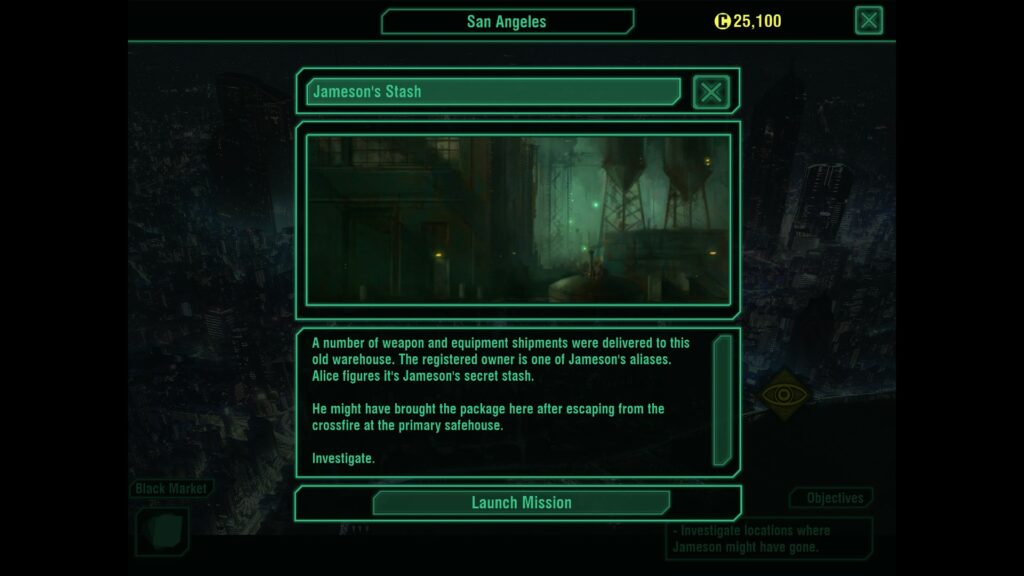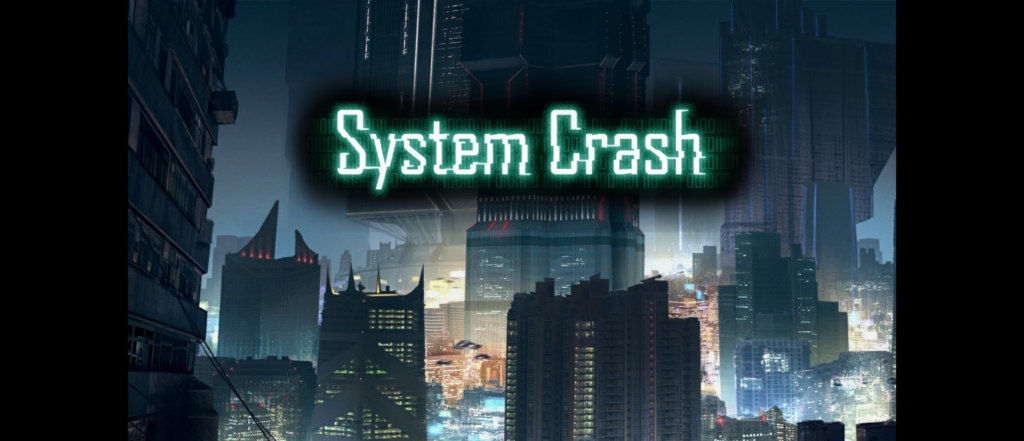
System Crash is an interesting game that provides a perfect foundation to explore several concepts about card gaming in general, unrelated to the actual mechanics of System Crash itself. It is generally the opinion of Lepcis and I that CCGs are as a comprehensive product mostly trash. For starters, in the long-lasting franchises, it’s not unusual for over half the card-pool to be unplayable due to poorly thought out mechanics and power creep. “Strategy” is almost entirely secluded to the deck-building portion of the game and actually playing a deck is often an execution of dull repetition and meta memorization. Lastly, the highest tier decks are constructed not just with the merit of their power alone but also the amount of cold hard cash pumped into them… and heaven forbid a new card is published a month later that invalidates that deck.
However, the angle of these complaints change dynamically when the entire product is converted over to a single-player electronic format that lacks micro-transactions–which, as it stands, is exactly what System Crash is.
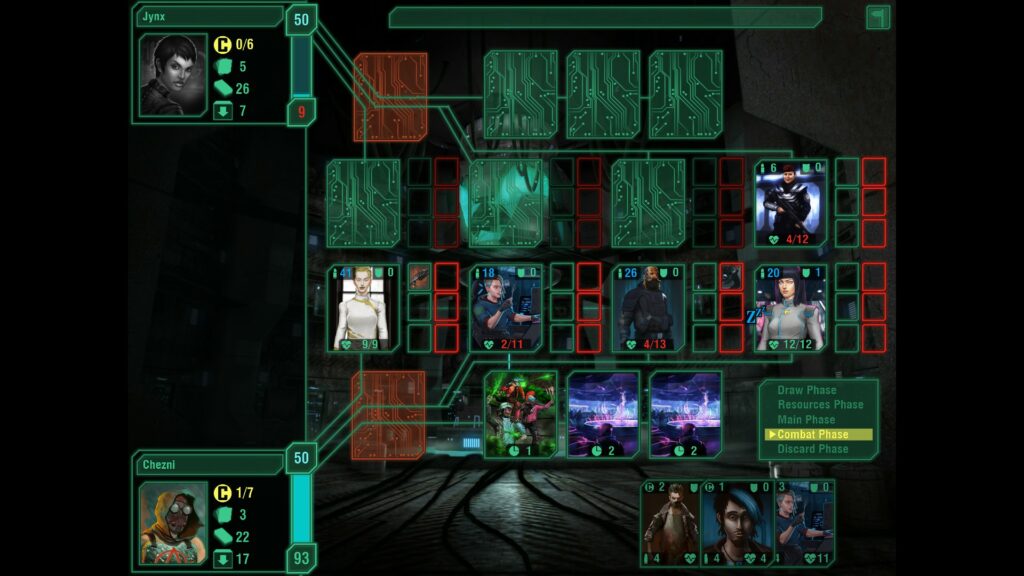
Crash is an amalgam, featuring a blend of about 30% Netrunner, 60% Magic the Gathering and 10% Yu-Gi-Oh!. Like Netrunner, your goal isn’t to kill your opponent, but is instead to obtain your objective (although arguably, the 50 requisite “Objective Points” to win a match are just life points in reverse). You can implement direct measures to acquires these objective points, or use indirect hacking means, although this has been simplified to simply be cards that generate objective points for you each turn.
The majority of the blend comes from MtG though, as you’ll be spending most of the game playing “monsters” (agents) that do battle with your opponent’s. Bypass your opponent’s agents and you can obtain objective points when they strike instead. In a twist that’s different from MtG (although is not exclusively unique to System Crash), monsters *er, agents* can only strike targets directly in front of them. This creates a bit more strategy than MtG’s system in addition to streamlining the gameplay.
The smaller Yu-Gi-Oh! portion of the game’s influence can be found in the form of the limited number of agents you can have on the field at any time (comparative to Yu-Gi-Oh!’s summons) and the “Support” cards that fill into your back row. While these are not trap cards so much, they serve to provide added affects to your team and are also similarly limited in total amount allowed to have in play at any given time.
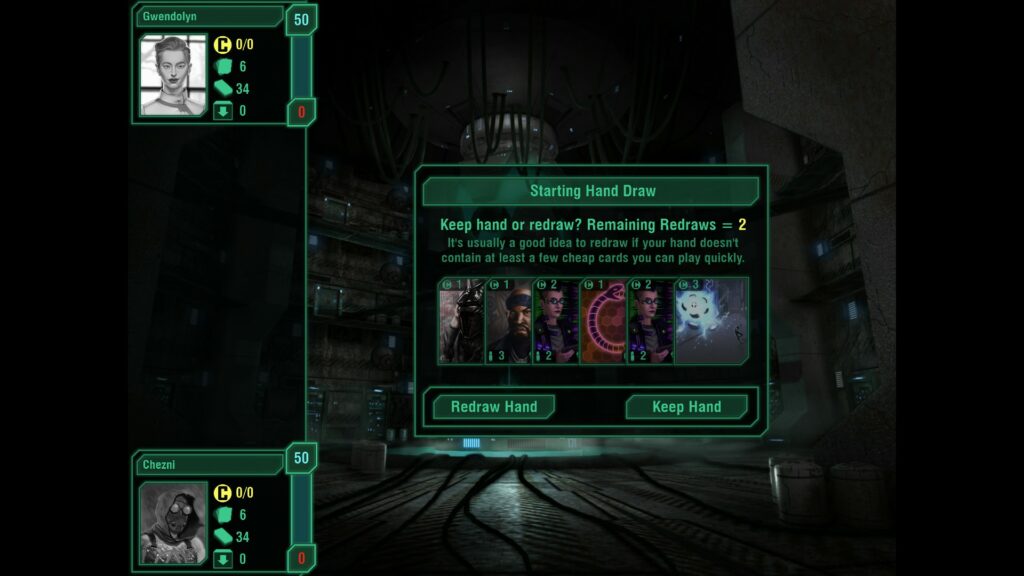
While it is tempting to bash System Crash for being a mashed-up clone of other already-successful games or because it represents a type of game that is somewhat regressive to the growth of the individual playing it due to its aforementioned problematic elements (when in a multi-player physical format), it would be dishonest of me to do so for Crash. You see, as of typing this review, I see that I have put 54 hours into this game. Yes of course, some amount of time doing so was spent grinding for cards I needed. Yes, early on I was stuck with a garbage deck and simply needed to fight in the game’s tournament (free-game) mode to earn the creds needed to build the decks I actually wanted to play but… The game is pretty well-constructed.
Don’t get me wrong, it would be absolutely horrible to play this with another person. After 50+ hours, I daresay that I have uncovered a near-comprehensive list of the game’s degenerate and most powerful strategies. For example (without going into all the mechanical details), there is a combo that can easily be executed by turn 5 that removes all of your opponent’s cards from the table and gains you 23 objective points (or in other words, 46% of your win-condition). There is absolutely no way in-game to interact with this combo–and it gets worse the longer the game goes on. Executed around turn 7 or 8 instead, and you could easily obtain 40 or more objective points in this completely non-interactable combo.
There are other strategies with similar levels of degeneracy–for instance, the DLC added in several new cards that are just laughably powerful when paired together. By turn 7 I managed to take a card that normally gains 2 objective points and boost it to 41. Of course though, this was only after the non-considerable amount of hours I spent playing around with decks prior, so I can’t really be that mad.
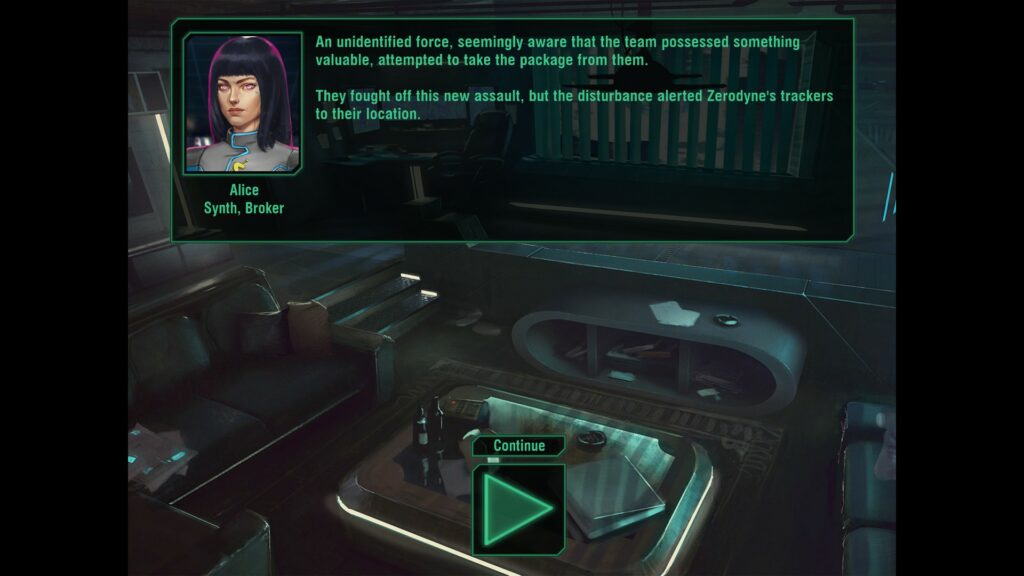
Overall, System Crash is just fun. It’s a single-player game, so if you’re having no fun just playing it with the most broken, all-powerful deck then have some fun and try to build something different (it’s not like you’re competing with anyone). There are a lot of really neat and interlocking pieces that you can spend a lot of time trying to come up with the most efficient way to get them to work. By the end, I had over a dozen decks that all implemented a unique strategy, focusing on a theme or idea. One involved getting as rich as I could, as fast as I could, and then using a card that gained power equal to your credit pool. Another used the game’s weakest agents in rapid succession to overwhelm the opponent in just a few turns. My favorite archetype was the interlocking nature of the Law Enforcement cards, which all played off of each other in one way or another to form a “strength in unity” kind of feel.
The writing is also surprising good for an indie game. Typically you go into these kinds of games with a low expectation, for grammar, plot etc. But Crash does a great job of keeping the plot quick and simple, but intelligent and fun. To boot, I think I only counted two typos in total which surprised me. I’m quite surprised, but pleased, to recommend System Crash at Tier 1. You have to go into it with the right expectations and be willing to handicap yourself once you find the game’s broken combos, but there’s enough going to keep your mind active if you look for all the kinds of strategies available.
